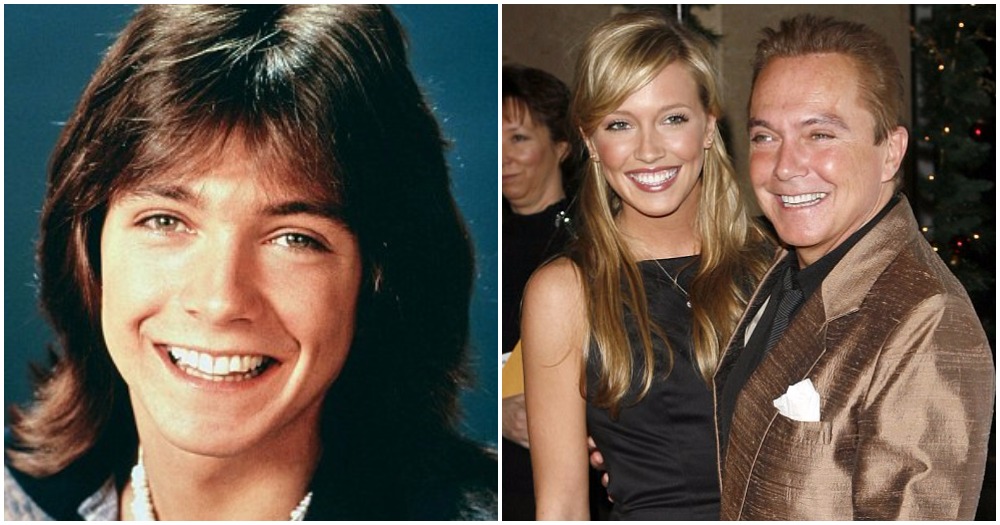
When I met him in 2007 it seemed fantastical. My teenage self would have gasped, unbelieving. There was even a moment when our knees touched, shriek.

In a dimly-lit bar of the Dorchester Hotel in London, he was more odd, smarter, tougher, shorter and crankier than I expected. Dressed all in black he was still handsome and fit although, despite the lush gloom, he wore tinted glasses and his breath smelled of minty mouthwash. He ordered a big glass of red wine and seemed focussed and in control. Only now do I realize that this was base camp for the ascent into addiction to follow. ‘Too intrusive,’ he would respond to questions he didn’t like.

‘No way,’ he said, when I asked if he ever got bored singing I Think I Love You for the thousandth time on his millionth comeback, or farewell, tour. ‘I am not, as you put it, like a fly trapped in amber. Not anymore. That’s for sure,’ he insisted.
That simply could not have been true. Cassidy was an intelligent man who came to loathe the constriction of teenybop fame – he wanted to be taken seriously as an actor and a musician, but that never happened, not really.

Back in 1970, he was a young actor trying to make it in Hollywood when he was co-opted into a television show called The Partridge Family. From the beginning, the savvy, 20-year-old Cassidy had his reservations about the role. In real life, he was a hippy who lived up in Laurel Canyon in LA, smoking dope and dreaming of playing dark, sophisticated roles or being the next Jimi Hendrix.
Figuring that The Partridge Family would flop anyway, Cassidy signed on as Keith, the squeaky-clean elder son – and also signed away all his rights to his image and his recordings. What did it matter, he figured? The ‘crazy’ show was going to flop anyway. Of course, it went on to be hugely popular all over the world, and catapulted Cassidy, the show’s heartthrob, into a monstrous level of fame.

In the four-year period from 1970-74, he made over $8 million, a fantastical sum at the time. Yet he ended up with almost nothing, ripped off by business associates and poorly drafted contracts. Very few stars have risen so high, but ended up with so little – or been so keen to flee the spotlight.
When a fan was killed in the crush at one of his London concerts in 1974, Cassidy retired and went into a long, mental decline.

We met to discuss his autobiography Could It Be Forever? This was not his first volume of reminiscences, but it was certainly his most candid. He recounted a gripping tale of fame and fortune found and lost, and his struggle to reclaim his sanity. He had always felt abandoned by his father, who left home when he was three.
He wrote of how 15 years on the therapist’s couch had failed to heal him completely and confessed that he had been clinically depressed, but never suicidal. I told him that I found the book rather melancholy.

He didn’t like that. ‘The last thing I want is for people to think that my life has been sad. It has been blessed.’
He couldn’t have known back then that the worst chapter was yet to come. Or that someone who had put so much happiness into the world would ultimately reap so little of it himself. I hope he gets well soon, too. But like his family, I fear the worst.
Credits: dailymail.co.uk
If you like this story, please share this story on Facebook with your friends.
